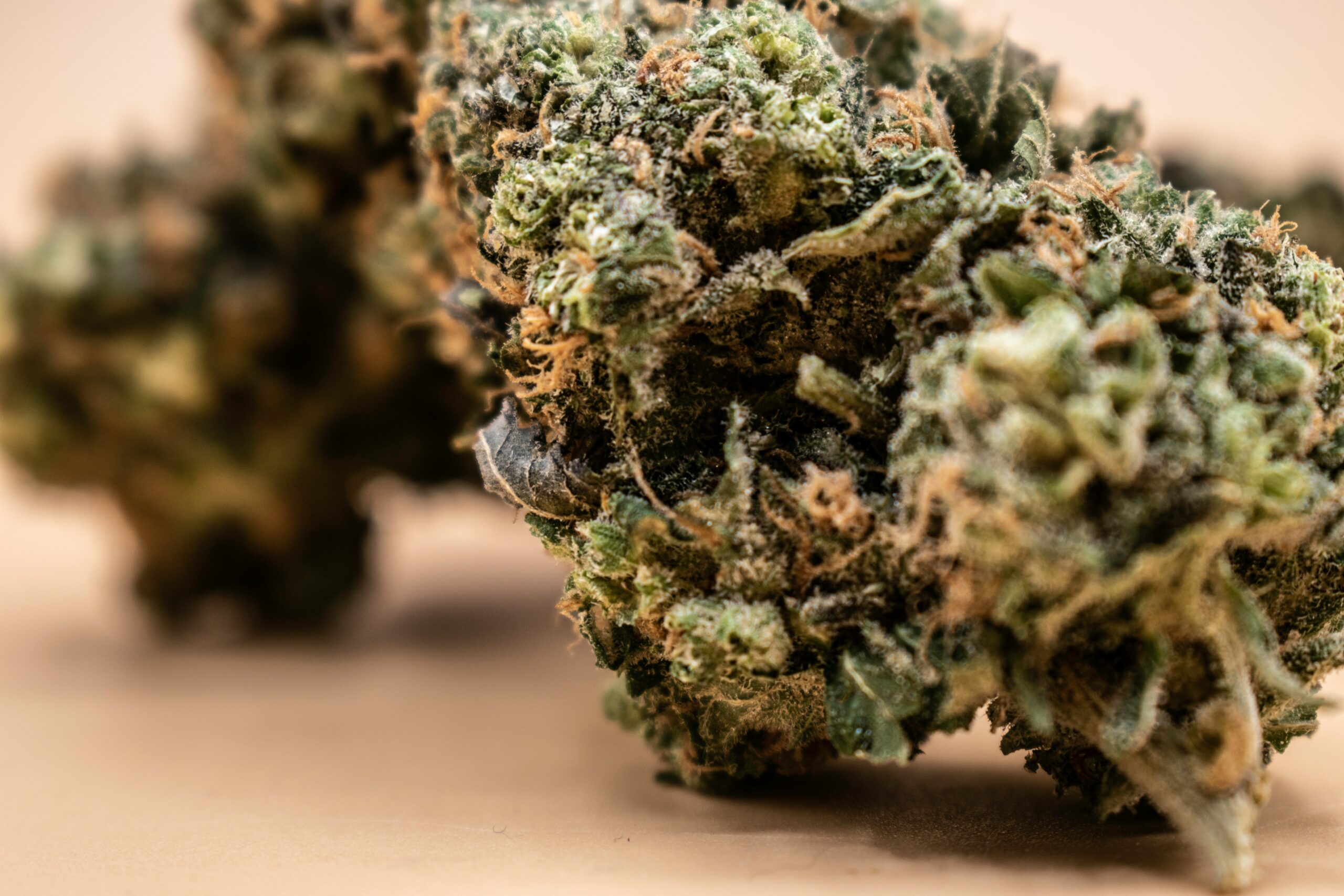THCA Flower: An Emerging Trend in Natural Medicine
Comprehending THCA Flower
THCA flower describes the raw, unprocessed buds of the marijuana plant that has high levels of tetrahydrocannabinolic acid (THCA). Unlike THC santa cruz sentinel, which is the psychedelic compound found in cannabis, THCA does not cause envigorating results when consumed in its raw form. Instead, it uses a series of potential healing benefits without the euphoria connected with THC.
The Scientific Research Behind THCA
THCA is among the many cannabinoids found in cannabis, and its unique chemical framework contributes to its potential medicinal properties. The study suggests that THCA has anti-inflammatory, neuroprotective, and antiemetic impacts, possibly useful for various wellness problems. As researchers continue to unwind the intricacies of THCA, its function in alternative medicine is becoming increasingly evident.
Healing Prospective
One of the most exciting facets of the THCA flower is its prospective therapeutic applications. Research studies have revealed that THCA might have anti-inflammatory residential properties, making it potentially valuable for conditions such as arthritis, inflammatory bowel disease, and neurodegenerative problems. In addition, THCA has demonstrated pledge as an antiemetic, suggesting possible benefits for individuals undertaking radiation treatment or experiencing nausea or vomiting and vomiting.
Pain Administration
Persistent discomfort affects numerous individuals worldwide, providing a substantial clinical challenge. THCA flower has become a prospective choice for pain monitoring, providing relief from signs without the psychoactive impacts related to THC. By modulating pain assumption pathways in the body, THCA might supply remedies for problems such as neuropathic pain, migraines, and inflammatory pain disorders.
Antiemetic Characteristics
Nausea or vomiting and throwing up prevail negative effects of different clinical treatments, including radiation treatment and radiation therapy. THCA flower has demonstrated antiemetic residential or commercial properties, recommending that it might aid in relieving nausea, vomiting, and vomiting associated with cancer cell therapy. By communicating with receptors in the mind and stomach system, THCA might aid in regulating queasiness and enhance clients’ lifestyles during treatment.
Dosage and Consumption Tips
When using THCA flower for medicinal functions, it’s essential to consider variables such as dose and consumption approaches. Given that THCA is non-intoxicating, people can normally consume higher dosages without experiencing psychoactive results. However, beginning with a low dose and gradually raising it to discover the ideal restorative level is still important. Consumption techniques differ and may include juicing, mixing, or incorporating THCA flowers into dishes.
Legal Factors to Consider
The legal standing of THCA flower differs depending on jurisdiction, with some areas allowing its usage for medical purposes while others preserve stricter guidelines. People must acquaint themselves with neighborhood legislations and laws concerning cannabis and THCA flowers to ensure compliance and avoid legal effects.
Cultivation Methods:
Crafting high-quality THCA flower begins with the cultivation process, which includes careful attention to ecological aspects, genetics, and farming methods. Cultivators choose stress with high THCA content and desirable features, such as taste, fragrance, and cannabinoid profile. They then employ farming methods such as interior or exterior expanding, hydroponics, or organic soil farming to maximize plant wellness and return.
Environmental Aspects
Ecological conditions play an important duty in the cultivation of THCA-rich cannabis plants. Temperature, moisture, light intensity, and air circulation must be thoroughly regulated to ensure optimal plant development and cannabinoid production. Indoor farmers typically utilize climate-controlled settings to resemble optimal expanding problems, while outdoor farmers deal with natural elements to cultivate robust and durable plants.
Genetics and Breeding
Genes play a substantial duty in identifying the cannabinoid account and features of the THCA flower. Dog breeders select and cross cannabis strains with preferable qualities, such as high THCA content, special tastes, and resistance to pests and conditions. Via careful reproduction and hybridization, breeders produce new cultivars that display particular qualities and high qualities tailored to the requirements of customers and individuals.
Select the Right Consumption Approach
THCA flower can be eaten in various ways, each with advantages and considerations. Typical usage approaches consist of:
Juicing: Juicing raw marijuana leaves supplies a focused source of THCA without the psychoactive impacts of THC. This technique preserves the plant’s natural enzymes and nutrients, making it a preferred selection for health-conscious consumers.
Mixing: Including raw marijuana flowers in smoothies or juices is another way to integrate THCA right into your diet. Mixing enables easy ingestion and can be personalized with other active ingredients for taste and nourishment.
Cooking: Infusing THCA flower into oils, butter, or other cooking ingredients allows for functional culinary productions. There are countless ways to integrate THCA into your favorite recipes, from baked goods to savory recipes.
Bear In Mind Prospective Interactions
While THCA flower is usually well-tolerated, it’s important to be mindful of possible interactions with other medications or compounds. If you’re taking prescription medications or have underlying health and wellness problems, seek advice from a healthcare provider before using THCA Flower to avoid any potential negative effects or communications.
Listen to Your Body
As you explore the advantages of THCA flower, pay attention to your body’s signals and change your consumption appropriately. Focus on exactly how you feel before and after eating THCA, noting any modifications in your state of mind, energy levels, or sign relief. If you experience any discomfort or adverse effects, downsize your dose or try a different consumption method.
Keep Informed and Educated
The landscape of cannabis research is consistently evolving, with brand-new explorations and understandings arising regularly. Stay educated and enlightened about the latest developments in marijuana scientific research and study. Look for credible sources of information, speak with medical care specialists, and engage in ongoing discovery to make enlightened decisions regarding your health and wellness.
Regard Neighborhood Laws and Rules
Before buying or taking in THCA Flower, familiarize yourself with the regulations and laws regulating cannabis in your location. While THCA is non-intoxicating and legal in numerous territories, there might be constraints or limitations on its use, property, or growing. Constantly regard regional laws and laws to stay clear of lawful consequences.
Final thoughts
Finally, THCA flower represents an interesting and arising fad in alternative medicine. With its prospective healing advantages and non-intoxicating nature, THCA provides a promising choice for people seeking relief from various health and wellness problems. As research study remains to discover the enigmas of THCA and its applications in medicine, it may become an essential part of the advancing landscape of all-natural healing.


